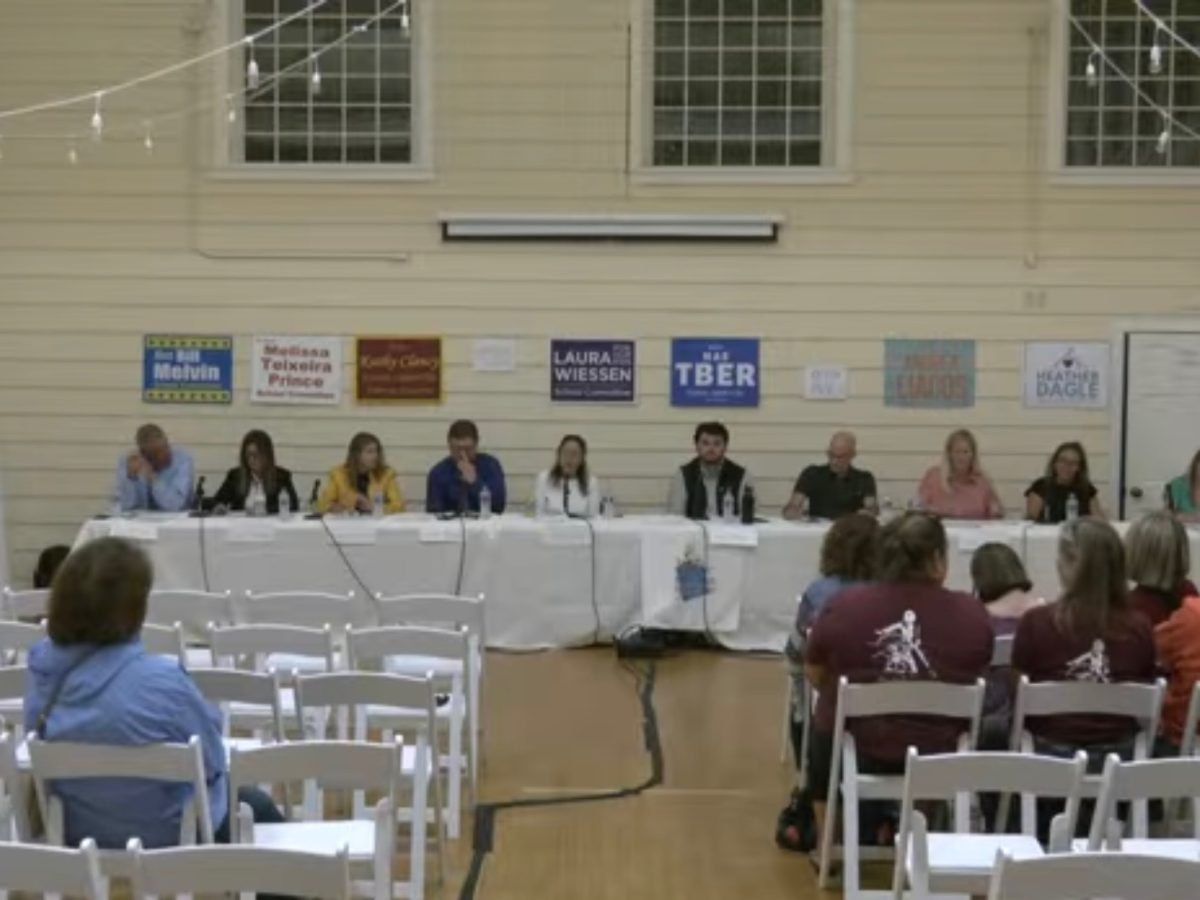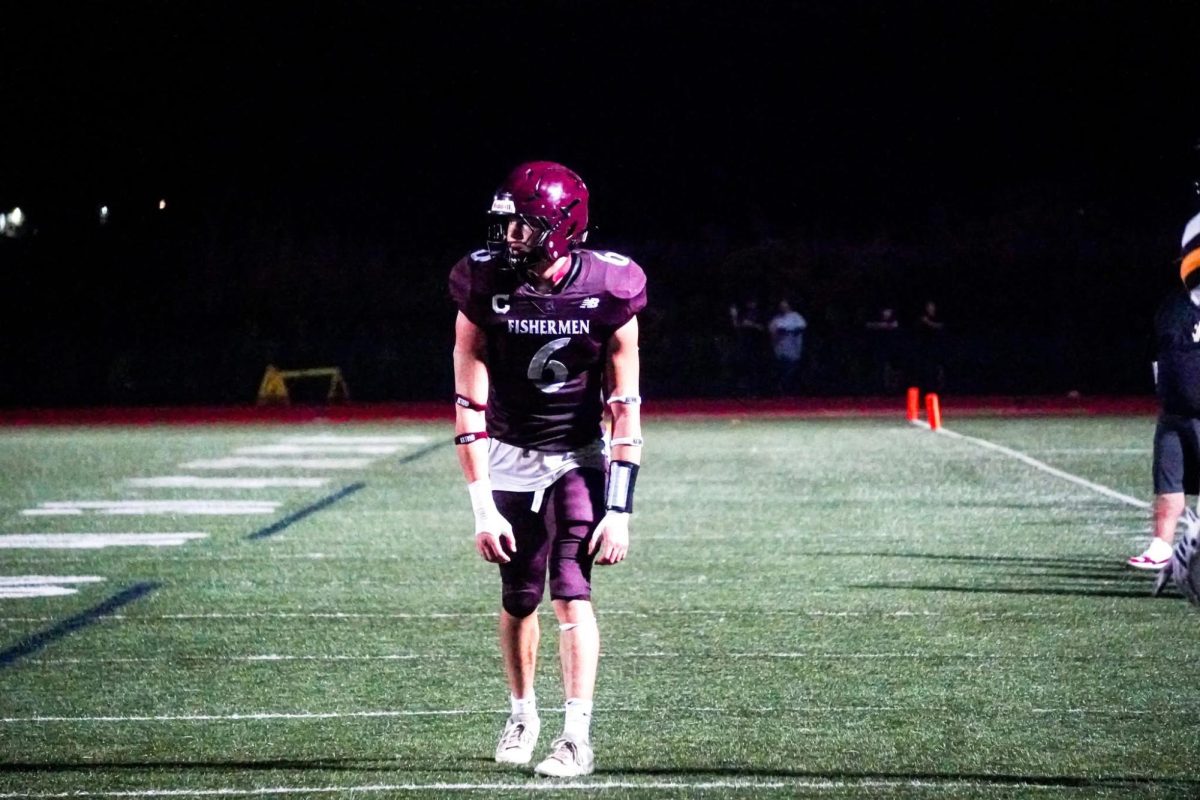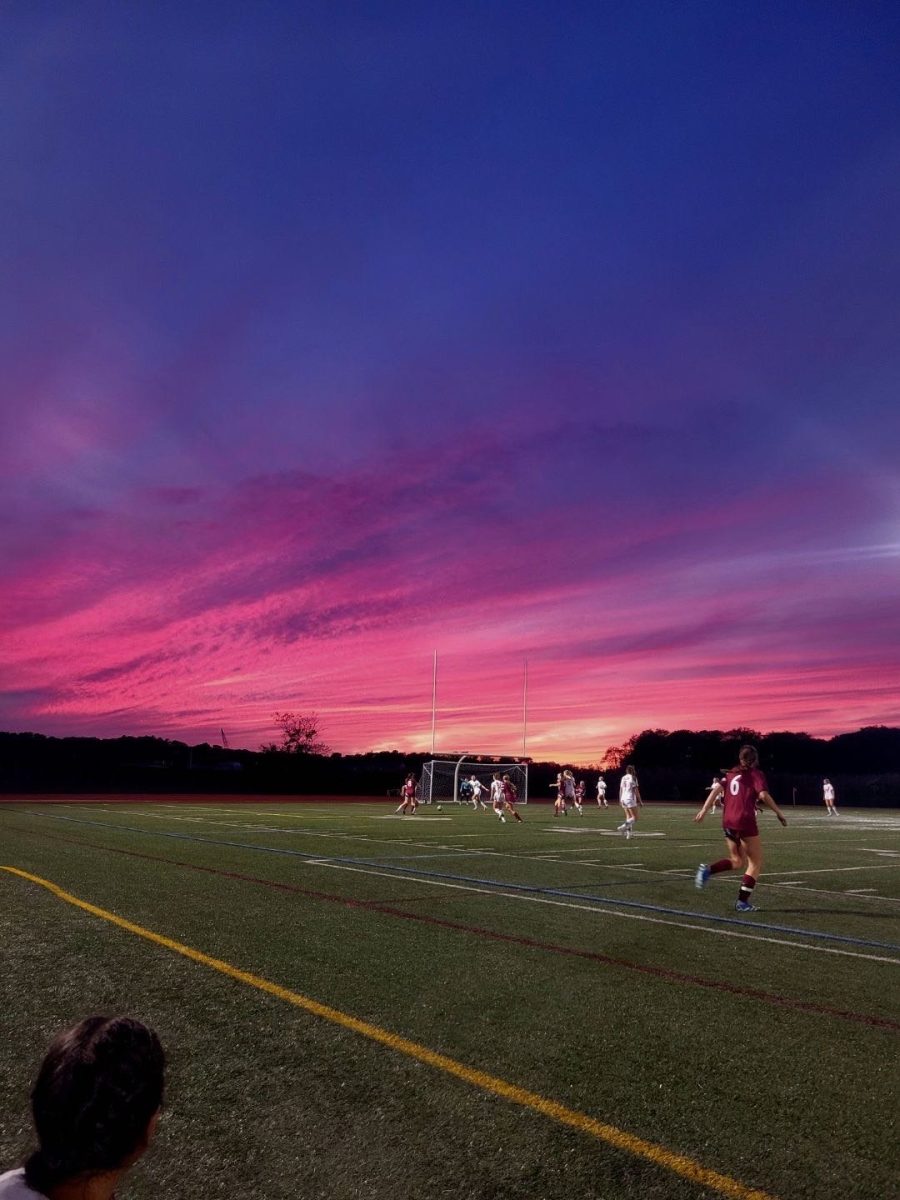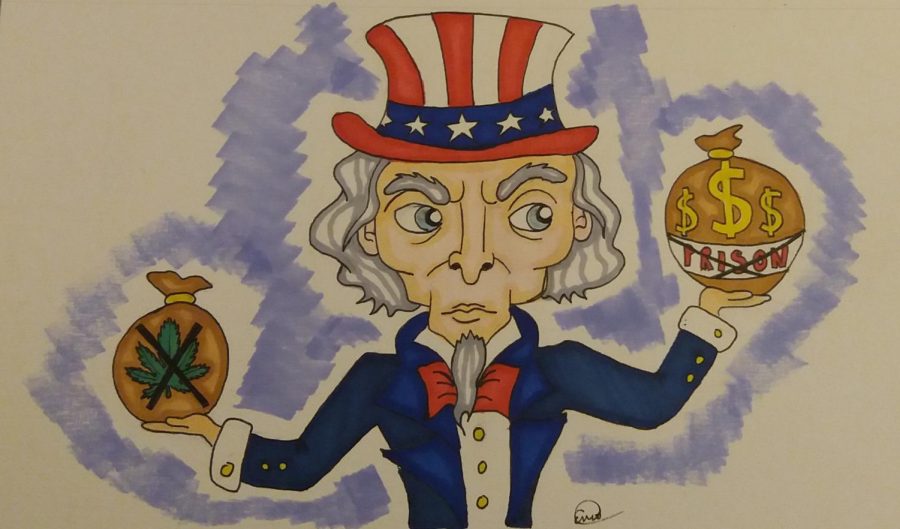Opinion: Why marijuana should be legalized
April 10, 2018
Editor’s note:
The Gloucester High School student handbook states that “Any student found on school premises, on the way to or from school or a school-sponsored event, or at a school-sponsored or school-related event, including athletic games and field trips, using, distributing, in possession of, or under the influence of a controlled substance, will face administrative consequences.”
7,216,000 people have been arrested for the possession of marijuana from 2001 to 2010. 7,216,000 mothers, fathers, sons, and daughters were arrested for the nonviolent crime of owning marijuana, usually in small amounts. Each one of these arrests costs $436 on average to the community it takes place in.
That’s 3,150,505,600 US tax dollars.
That money could have helped feed and house our nation’s homeless. That money could have helped alleviate medical debt. That money could have funded better resources in our public schools. That money could have gone to developing medically sound, conscientious rehabilitation programs for people addicted to life threatening narcotics.
Marijuana, although legally categorized as a narcotic– which is the same as heroin and cocaine– does not have the same dangerous effects. In fact, according to lifescience.com, alcohol has more dangerous and immediate health risks.
This has not stopped alcohol from becoming a norm in our culture. Ads for beer and vodka pester us daily through television programming, brands aligning themselves with celebrities, and holidays. In many ways, alcohol is a part of the American identity.
In the year 1925, the roaring twenties were in full swing. In the midst of the Prohibition era, speakeasies filled with illegal alcohol and newly liberated flappers became an icon of American culture. What we always seem to forget about this idealized time period is the racism that brought it into existence.
One of the driving factors of the Prohibition movement was racial stereotyping. The black man was a drunken raping savage, while the white woman was innocent, endangered. Ideas like these were presented by the prolific KKK propaganda film “The Birth of A Nation” which sent the South spiraling into a racist fervor. Then came the idea.
Not only would criminalizing alcohol maintain family values, it would prevent black people from having access to it. Anti-liquor movements were deeply involved in Jim Crow laws, and they gave the KKK a legal excuse to attack minority groups due to alcohol possession. Prohibition lead to the creation of the Prohibition Bureau– meant to enforce the idea of an alcohol free America– which disproportionately attacked people of color, immigrants, religious minorities, and the lower class.
Prohibition was not the only legislation of its kind; not the only substance criminalization with racially discriminatory intent. Mexican farm workers fleeing the Mexican Revolution in the 1900s brought marijuana, a normal part of their native culture, with them.
This influx of immigrants seemed alien and dangerous to the American way of life, and marijuana a bringer of violence and turmoil. Criminalizing the drug was the easiest way to keep Mexican immigrants vulnerable to the US government.
Alongside housing discrimination and segregation in public and private institutions, the criminalization of marijuana was a strategic move to oppress Mexicans fleeing violence in their homeland. Why should we as a nation maintain legislation based in racism? Why should our nation, built on the principles of equality and fairness, continue to allow our criminal justice system to be defined by mistakes?
Some may argue that the foundations of marijuana laws do not impact their application today, but from a seed of injustice, equality cannot grow. Today in America, that seed has sprouted and wormed its way into the sun; a catalyst for the residual prejudices held by the American people.
It is not a coincidence that although black people and white people use marijuana at about the same rate, black people are four times more likely to be arrested for possession. It is not a coincidence that the majority of marijuana arrests happen in black-majority neighborhoods. Our country is defined by the idea that all men are created equal. The Bill of Rights states that all people are equal before the law. Laws based in bias lend themselves well to the continuation of those biases. We must cut back the vines of racism that, grown from the seeds of our history, entrench our justice system, rip inequity from the earth by its root.
Some may argue that decriminalizing marijuana will lead to a spike in use by teens, but this stance is unfounded. According to federal survey data, teen marijuana use in Colorado dropped sharply from 12% of minors between the ages of 12 to 17 to less than 9% after the drug was legalized.
46% of the United States prison population is in for drug crimes, more than any other category of crime. Decriminalizing marijuana would decrease that percentage, saving US tax dollars and reducing drug-related violent crime. Our legal system prefers punishment over rehabilitation which, especially in the case of drug use, is detrimental to the overall health of our nation.
Recreational marijuana use doesn’t hurt the general population, but mass incarceration hurts us all, and offends the moral standards of our constitution. The multitude of people imprisoned for non-violent marijuana crimes is an affront to the core standards of our country, and an insult to our legal system.
Our nation must reconsider what we hold most important; we must reform the structures based in prejudice. Legalizing marijuana is a step towards that goal, and a necessary advancement, that is long overdue.











![The GHS/MERHS senior cross country runners pose together on Senior Night. [Photo courtesy of Manchester-Essex Athletics]](https://thegillnetter.com/wp-content/uploads/2025/10/Screenshot-2025-10-10-at-11.18.29-AM.png)



















